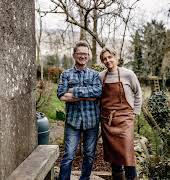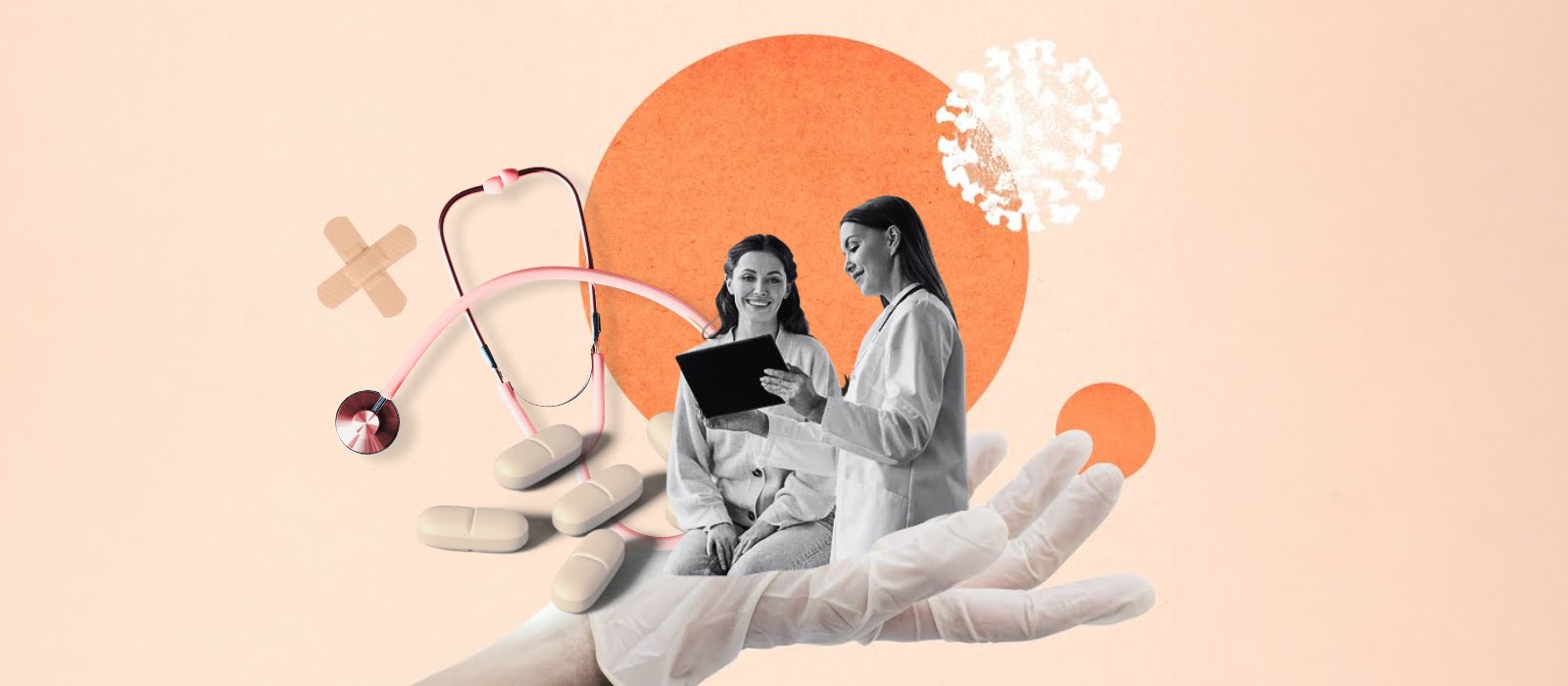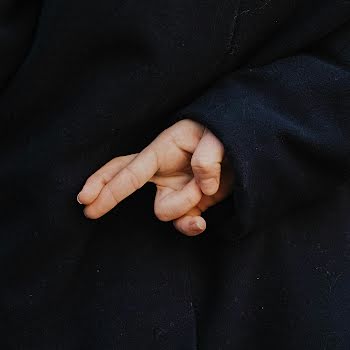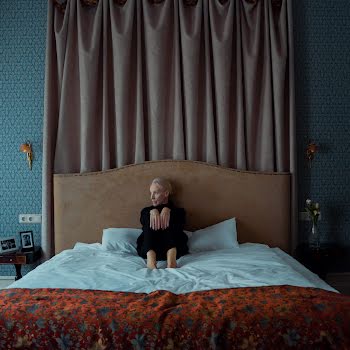Ask the Doctor: ‘What is gout, and are there any lifestyle changes that can keep attacks at bay?’
All your burning health questions answered by the professionals.
“My father is in his early 70s and has recently moved in with me, as we did not want him living alone due to a recent fall. He suffers from gout and seems to have very bad flare-ups. I would like to be able to help him to keep this under control but I don’t really know anything about gout. My father is a very proud man and won’t let me attend the consultant appointments with him as he says he is more than capable of going alone. What exactly is gout and are there any lifestyle modifications I can introduce at home (in conjunction with him taking his prescribed medications of course) to help keep his attacks at bay?”

Answer from Dr Colm Kirby, Consultant Rheumatologist, Beacon Hospital
Gout is the most common form of acute joint inflammation and is caused by the deposition of crystals within joints. The origin of the term ‘Gout’ stems from the Latin word ‘gutta’, which translates as ‘a drop’. It affects approximately 6% of men and 2% women. Older men and post-menopausal women are the most often affected due to hormonal factors.
The crystals that result in gout attacks are formed and deposited when the blood concentration of Uric Acid increases beyond a point at which it is no longer soluble (>360 µmol/L). In other species, Uric Acid is metabolised to a more soluble compound which does not result in crystal formation, but humans lack the enzyme to perform this process. As Uric Acid levels rise, the risk of having gout attacks rises in parallel.
Elevated Uric Acid can result from either over-production or under-excretion by our kidneys. Over-production of Uric Acid is typically caused by excess dietary purine, alcohol and fructose ingestion. Particular foods and beverages to avoid include those containing high quantities of fructose (fruit juices, sugary drinks, energy drinks), beer, red meats and seafood such as shellfish, sardines and anchovies. Under-excretion of gout is typically caused by chronic kidney diseases and certain medications such as diuretics, commonly referred to as “water tablets”.
Fortunately, there are very effective medications available to lower Uric Acid, so-called Urate-Lowering Therapies (ULT). These medications work by inhibiting the production of Uric Acid which causes a fall in its concentration to the point where it again becomes soluble in blood, and so crystals do not form. The magic number to target is a Uric Acid concentration <360 µmol/L but in those with frequent flares a more aggressive strategy is advised, targeting a level <300.
A big challenge in treating gout is the paradoxical risk of ULT precipitating flares of gout. As these medications exert their effect and start lowering the Uric Acid concentration, previously formed crystal lumps begin to dissolve and mobilise through the bloodstream, often precipitating in joints elsewhere, causing an acute painful attack of gout. This risk is present for approximately six months after commencing ULT. This generally causes a reluctance on the part of patients to take their ULT and so their gout is never optimally treated.
To overcome this, anytime you commence ULT, ensure that your doctor also commences treatment that would normally be prescribed for an acute attack of gout. This medication should be used for six months alongside the ULT medication. After this six-month mark, it can be discontinued, and the ULT can then be safely used on its own.
Have a question for the professionals you’d like answered? Get in touch with sarah.gill@image.ie with the subject headline ‘Ask The Doctor’.



















